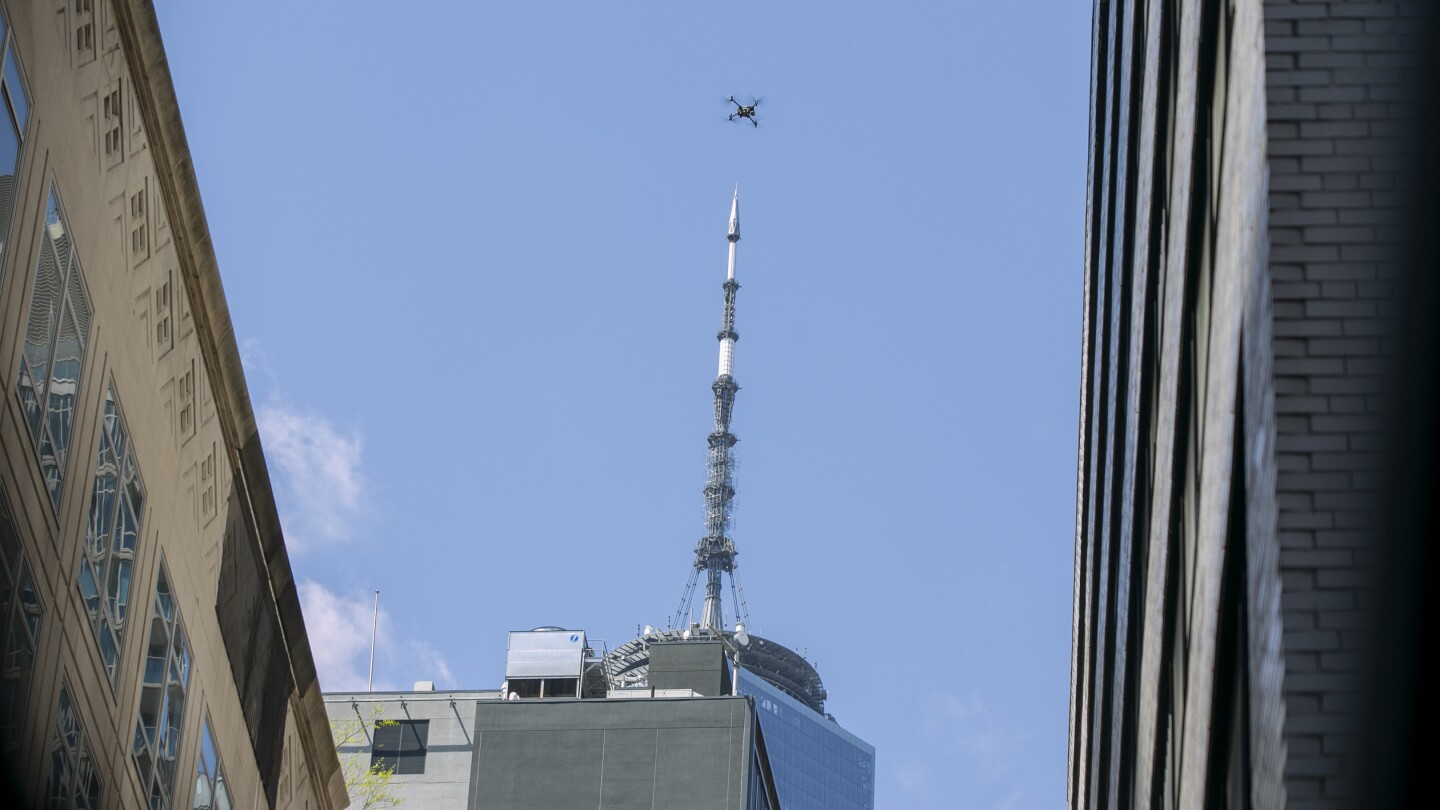The New York City police department plans to pilot the unmanned aircrafts in response to complaints about large gatherings, including private events, over Labor Day weekend, officials announced Thursday.
“If a caller states there’s a large crowd, a large party in a backyard, we’re going to be utilizing our assets to go up and go check on the party,” Kaz Daughtry, the assistant NYPD Commissioner, said at a press conference.
The plan drew immediate backlash from privacy and civil liberties advocates, raising questions about whether such drone use violated existing laws for police surveillance.
“It’s a troubling announcement and it flies in the face of the POST Act,” said Daniel Schwarz, a privacy and technology strategist at the New York Civil Liberties Union, referring to a 2020 city law that requires the NYPD to disclose its surveillance tactics. “Deploying drones in this way is a sci-fi inspired scenario.”



deleted by creator
The US has a whole amendment to its constitution about it, and SCOTUS has been carving out exceptions at an accelerating pace, especially after the PATRIOT act.
But what is telling is how law enforcement can choose to implement technology without oversight or review, and it is up to the public to make an argument.
That said, I look forward to the method we develop to detect and neutralize or capture police drones, so we can ask to see a warrant.
Maybe the tech industry should stop “moving fast and breaking things”.
This ties nicely to today’s video from Sophie From Mars on AI - Our Shiny New Robot King which gets into the Silicon Valley business philosophy which is all about moving fast and breaking things.
deleted by creator
We still think the repeal of prohibition is embarrassing. But no, rather than actually tell us what rights we have, there are a lot of menial carve-outs. Law enforcement is allowed to do whatever they want until someone argues overreach in court at which point a judge might specify a new precedent (which stays in effect until the legislature passes a new law).
So, for instance, for a while if the police wanted to get you, they’d search your phone for anything incriminating, on the presumption that was like finding drug paraphernalia or something on your person. A court had to reconsider that a person’s entire lives are on their phone (including all violations of the CFAA, which everyone does), so peeking into someone’s phone without cause is fishing for crime.
Now, if you’re arrested, a warrant is required to search your phone (but in a lot of districts, they’ll search your phone first and get a warrant later if they find anything a DA might find interesting). A current SCOTUS ruling says we are not required to unlock our phone on command (by password) though if they hack into it, or borrow your biometrics to get in then that’s legit. iPhones 5 and before are easily crackable. After 6 might be secure from police but they routinely purchase state-of-the-art cracking software, and the public only gets to know when it comes out in a court case. So there’s an ongoing arms race between smartphone developers and law enforcement.
Flying the drone might be permissible under the open fields doctrine, but stopping people from assembly on their own private residential properties absolutely spits in the face of the “The right of the people peaceably to assemble” clause of the 1A.
Not open fields, plain view. It’s public airspace and what you can see from public you can record in public.
I doubt that would hold up in a court of law. The ability to record in public hinges on having no “reasonable expectation to privacy” while in public spaces. You DO have a reasonable right to privacy in the backyard of your own property, even if it’s visible from some public airspaces.
It’s new York so long as your neighbor could see into your yard so could they.
Does it include the number 2? That is the only important number.
This wouldn’t qualify as a search.
If it did qualify as a search, it probably wouldn’t be considered unreasonable because someone called the police to file a complaint.
You’re thinking of Germany. They have the privacy protections to keep people safe from government and corporate intrusion.